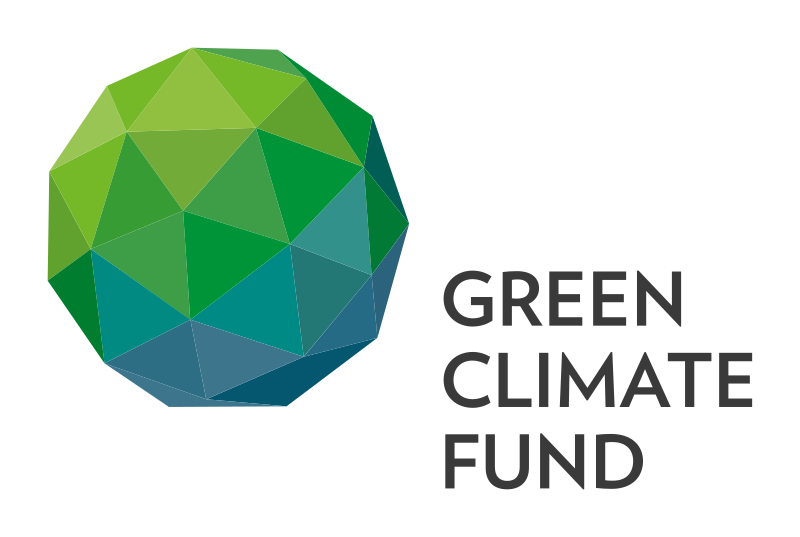
The project “Building climate resilience of vulnerable and food insecure communities
through capacity strengthening and livelihood diversification in mountainous
regions of Tajikistan” will increase the adaptive capacities of the most
vulnerable and food insecure communities residing in Rasht valley, Khatlon and
GornoBadakhshan Autonomous Region (GBAO) regions. Due to their location, these
communities are vulnerable to the negative impacts of climate change,
particularly from rainfall variability resulting in adverse livelihood impacts,
increasing temperatures with glacial melting and sudden onset extreme events
causing loss and damage, in addition to high levels of malnutrition and poverty
The proposed project intervention takes a transformative
approach to ensure food security and support communities to adapt to climate
change through two key components: i. Capacity strengthening and awareness
raising of food insecure climate vulnerable communities and national actors for
enhanced rural resilience and food security, and; ii. Resilience building at
household and community level through diversification of livelihoods and
improved market access.A key element of this approach will be addressing institutional capacity needs at both national and sub-national levels to better understand needs and support vulnerable communities develop effective responses to prepare for and manage climate risks. Interventions of the project will reach 50,000 direct beneficiaries among the estimated 270,000 vulnerable individuals residing in climate vulnerable areas, and up to 70,000 indirect beneficiaries, who live in the proposed project locations. The proposed project contributes to climate-resilient development pathways in Tajikistan through the sustained impact of project measures that have high potential for replicability and scale. Overall, many of these measures can be scaled to reach 100% of national coverage. The project stimulates a demand-based model for climate information and use of ICT/mobile platforms to enable public and private sector participation, innovation, and market development. It contributes to key policies in the country and supports efforts to mainstream gender-responsive climate change adaptation into development plans. It institutionalizes knowledge generation and learning through the incorporation of climate change and food security in national and district level planning processes. At the community level, the project introduces new technologies such as renewables, rehabilitates dilapidated assets that take into account the diverse needs and capacities of women and men and that strengthens community resilience through tailored social and behavioral change interventions.
Implementation period: 2020-2025
Total project funds (in USD): 9 200 000
E&S Risk Category: B